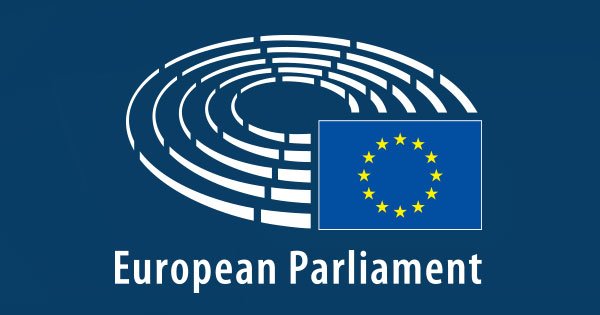Mental health is increasingly prominent in national discussions, with rising levels of depression, anxiety, and stress among Americans. The COVID-19 pandemic has intensified these challenges, highlighting the critical need for effective mental health support. However, the current mental health workforce struggles to meet the growing demand for care, revealing systemic barriers that obstruct access to treatment.
The “Make America Healthy Again” (MAHA) initiative, spearheaded by President Trump, aims to improve Americans’ diets and lifestyles by targeting ultraprocessed foods and chronic diseases. While promoting healthy living is important, it is essential to recognize that physical health improvements alone will not address the complex landscape of mental health. Lifestyle changes can benefit mental health, but they form only part of a comprehensive approach to care.
Recent comments from HHS Secretary Robert F. Kennedy Jr. have raised concerns about the safety and efficacy of commonly prescribed medications for mental health conditions, such as selective serotonin reuptake inhibitors (SSRIs). Despite their proven effectiveness and safety, these medications are now under scrutiny, which could deter patients from seeking necessary treatment. Instead of vilifying these treatments, policymakers should focus on dismantling barriers to mental health care.
Currently, more than 20% of U.S. adults experience mental illness, yet the majority do not receive appropriate diagnoses or treatment. Many individuals face significant challenges in acknowledging their mental health issues and seeking help due to stigma, high costs, insurance limitations, and a lack of available specialists. Alarmingly, the average wait time between the onset of symptoms and receiving treatment is approximately 11 years, often resulting in individuals only accessing care during a crisis, such as emergency hospitalization or incarceration.
As suicide rates in the U.S. remain alarmingly high, prompt and effective intervention becomes increasingly vital. Expanding access to timely mental health treatment is essential. Basic mental health screenings could provide critical support for diverse populations, including at-risk youth and pregnant women. However, studies indicate that 70% of U.S. counties lack even a single child psychiatrist, underscoring the urgent need for improved access to care.
Additionally, patients often struggle with medication adherence, especially when they begin to feel better. Many discontinue medications that have significantly improved their conditions, posing serious risks for individuals with severe mental illnesses such as schizophrenia and major depression. Political rhetoric that targets these medications could lead to more harm than good.
The financial toll of mental health issues on society is staggering, costing the country an estimated $193 billion annually in lost earnings. Some analyses suggest the total economic impact may reach as high as $282 billion each year. By investing in early intervention, increasing access to treatment, and ensuring patients receive the necessary care, we can alleviate this burden and improve lives.
To truly make America healthier, a concerted effort to enhance mental health services is imperative. This includes expanding treatment availability, reducing wait times, and ensuring that individuals can access the help they need without obstacles. Mental health must be prioritized within the broader health agenda to achieve meaningful progress for individuals and society as a whole.



